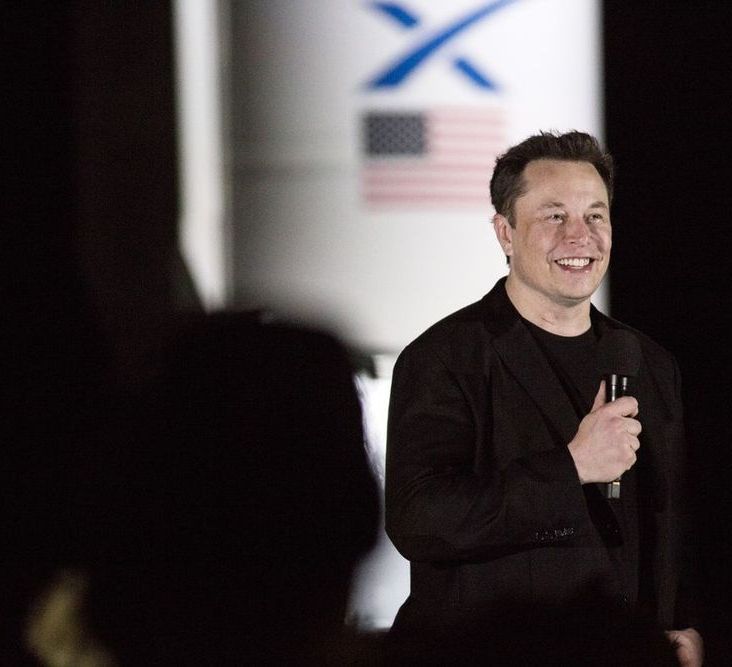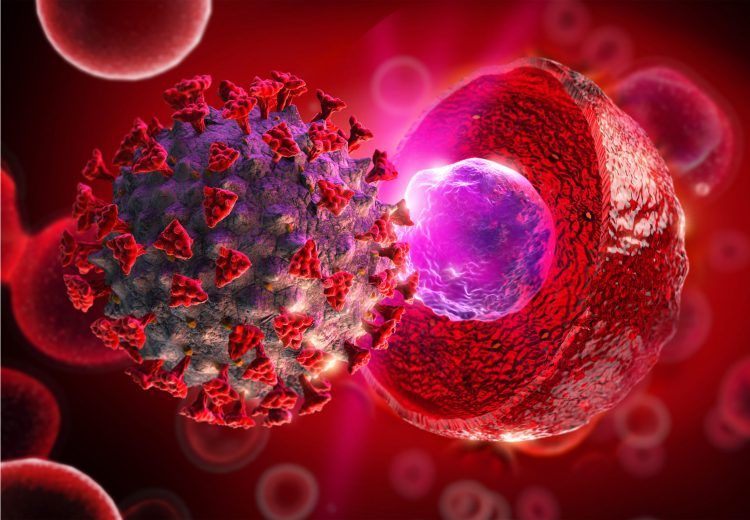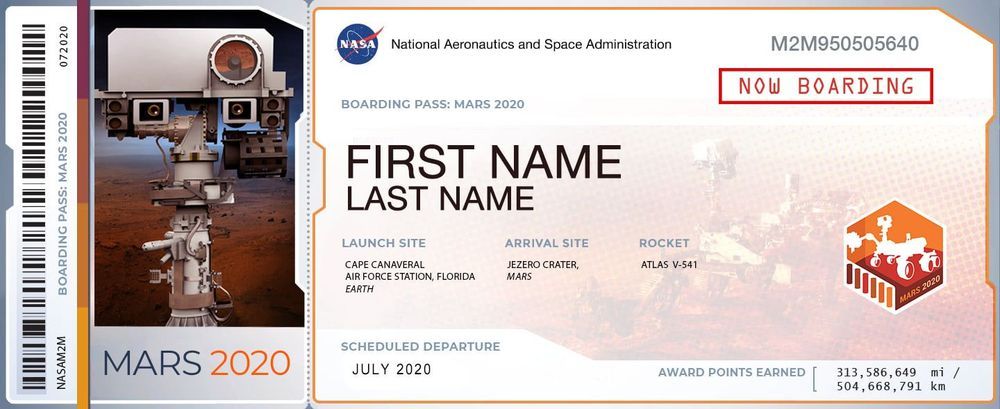Watch my hero.
Tesla Inc.’s surging stock price has already let Chief Executive Officer Elon Musk collect two tranches of his moonshot compensation award, valued at a collective $3.94 billion.



Bytedance, the Chinese owner of TikTok, is facing mounting pressure from the US government to sell the video sharing app or risk being blacklisted in the country.
\t\t\tJournalists in 50+ countries explore developments in global commerce from every perspective.
\t\t\tFor Premium subscribers, we offer our dedicated ‘FT Free Trade’ newsletter every Tuesday and Thursday.
\t\t.

Researchers announce the first patient has been dosed in a trial testing remestemcel-L, a stem cell therapy, in severe COVID-19 patients on ventilators.
Testing of an experimental COVID-19 stem cell therapy has begun in the US. The therapy has been developed to treat hospitalised COVID-19 patients with moderate to severe acute respiratory distress syndrome (ARDS) who are on ventilators. A total of 300 are expected to be recruited into the randomised, placebo-controlled trial.

They’re tracking my location and will keep talking to me as I cruise to Mars. go.nasa.gov/3ggbNGu #CountdownToMars
A timelapse of Curiosity Rover hi-res selfies from 2012 to 2020. You can notice how the machinery is getting older over the years. We combined these selfies with the sound of the Mars Atmosphere taken by NASA Insight lander. Enjoy this mesmerizing experience.
Did you know NASA’s Perseverance Mars Rover and the first NASA Mars helicopter were both named by students?
After sorting through more than 28,000 submissions, the names were chosen by a panel of judges. Perseverance and Ingenuity represent qualities that humans need to explore space.
Meet the students behind their names: https://youtu.be/jJG14ZtoNh4 #CountdownToMars

Here’s the story – our protagonist rewinds history, locates baby Hitler, and averts global war by putting him on a path to peace … but, oh noes! This sets off a domino chain of events that stops our hero from being born, or worse, kicks off the apocalypse.
Unintended ‘butterfly effect’-style consequences of time travel might be a juicy problem in science fiction, but physicists now have reason to believe in a quantum landscape, tweaking history in this way shouldn’t be a major problem.
Since going back to a previous moment in time is still in the ‘too hard’ basket, a pair of physicists from the Los Alamos National Laboratory in the US went with the next best thing and created a simulation using an IBM-Q quantum computer.
Fascinating interview with Dutch astronomer Anthony Brown on ESA’s Gaia satellite and what it’s telling us about our own Milky Way Galaxy.
Dutch astronomer Anthony Brown of Leiden University explains how the European Space Agency’s GAIA satellite is revolutionizing what we know about the Milky Way. This all-sky survey mission revisits each target 70 times over the course of the years-long mission to give astronomers a real 3D map of a large swath of our galaxy. The next big data drop is scheduled by year’s end.

ENCODE Project’s third phase offers new insights into the organization and regulation of our genes and genome.
The Encyclopedia of DNA Elements (ENCODE) Project is a worldwide effort to understand how the human genome functions. With the completion of its latest phase, the ENCODE Project has added millions of candidate DNA “switches” from the human and mouse genomes that appear to regulate when and where genes are turned on, and a new registry that assigns a portion of these DNA switches to useful biological categories. The project also offers new visualization tools to assist in the use of ENCODE’s large datasets.
The project’s latest results were published in Nature, accompanied by 13 additional in-depth studies published in other major journals. ENCODE is funded by the National Human Genome Research Institute, part of the National Institutes of Health.